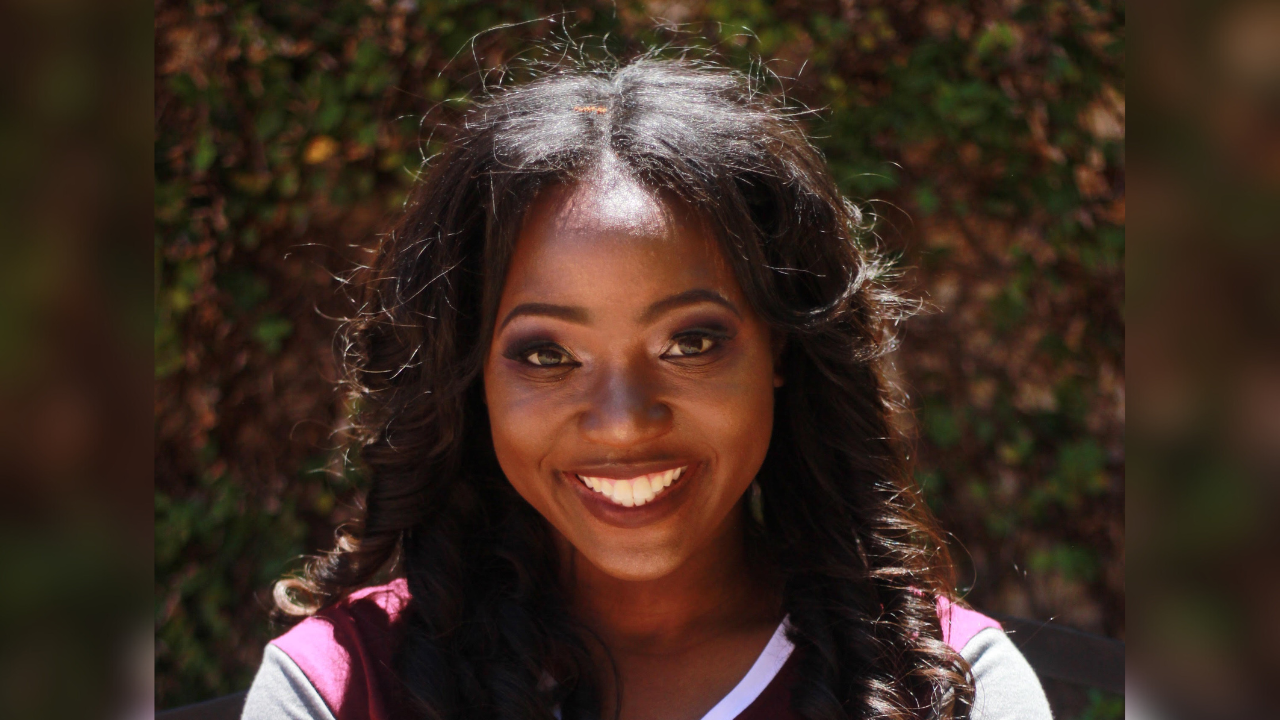A college student turned entrepreneur recently turned down a $300,000 offer on “Shark Tank,” a decision he credits to trusting his gut.
Kobe Harris, then a student at Loyola University Chicago, launched his lip balm company, Kobee’s, from his bedroom in 2019 while researching sustainability and bees for a college project, CNBC reported.
With $200 from his mom, he ordered ingredients on Amazon and started experimenting with simple formulas, using beeswax, coconut oil, sunflower oil, and mango butter, according to CNBC.
Kobee’s offerings now includes lotion, lip scrub, cuticle butter, and hand salve — all packaged in eco-friendly, compostable materials and priced from $5 to $42. The company primarily sells through Amazon and its direct-to-consumer website, and once generated $15,000 in sales in only a day.
Appearing on the Nov. 1 episode of “Shark Tank,” Harris sought a $300,000 investment in exchange for 6% equity, looking for mentorship and support in scaling distribution. Kendra Scott, Lori Greiner, Daymond John, and Mark Cuban passed on the investment opportunity.
Kevin O’Leary showed interest, offering the $300,000 plus his retail connections for a 20% stake. Harris countered with 10%, and O’Leary responded with 15%. After consideration, Harris declined, saying, “I know my business better than anyone,” CNBC reported.
Trusting your instincts is a lesson Harris said his mom, an experienced entrepreneur, often emphasizes — and she’s not the only one. During a December 2023 appearance on “The Path” podcast, LinkedIn CEO Ryan Roslansky stressed the importance of relying on one’s intuition when making career decisions, especially when caught between gut instincts and listening to others’ opinions.
“Take all the input, take what everyone’s saying, and be aware of the situation around you,” Roslansky told LinkedIn Rditor-in-Chief Dan Roth, CNBC reported. “But you’ve got to come from your own heart when you make a decision.”
CNBC reported that at the time of the “Shark Tank” taping, Kobee’s was on track to net nearly $4 million in sales and roughly $750,000 in profit by the end of the year.
“You have to know what’s right, you have to care about what’s right, to be passionate about what’s right,” Roslansky added on the podcast. “And if you’re going to put yourself out there and decide to dive into the crowd, it should be because you want to … not because someone else is telling you to do it.”


